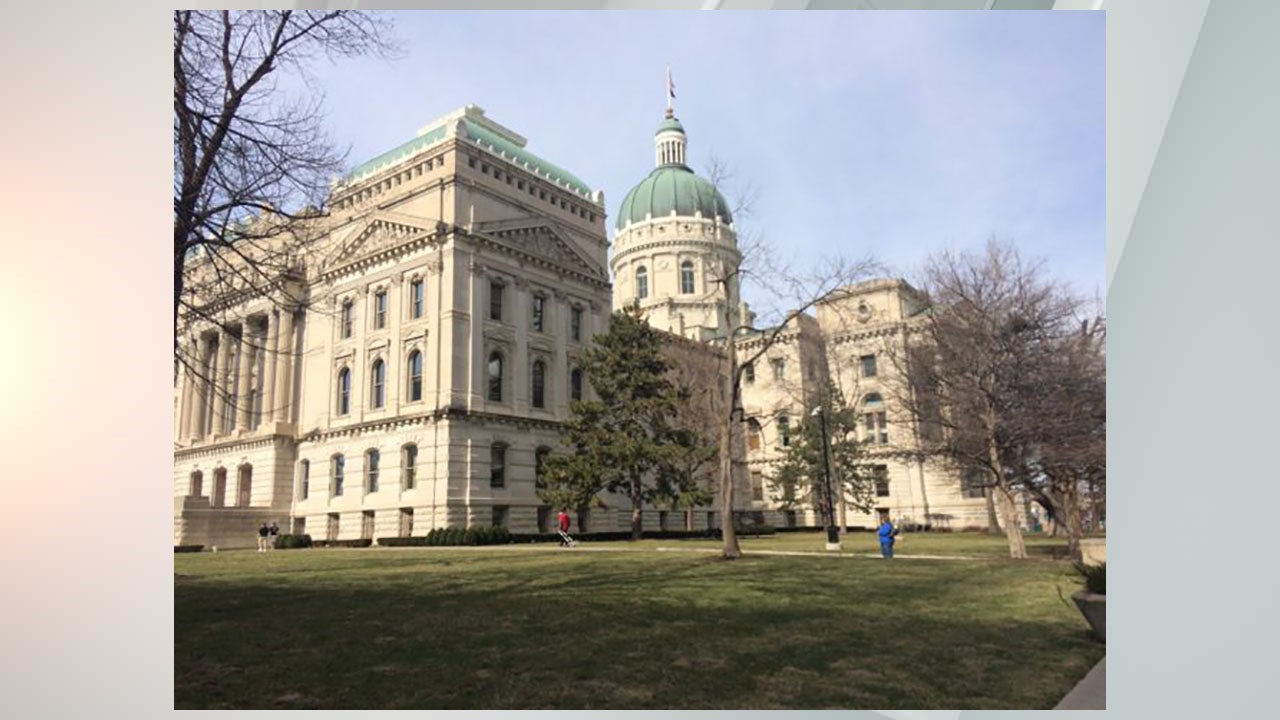Clash over Indiana governor’s powers resumes with bill limiting executive orders
INDIANAPOLIS (WIBC) – A bill setting a time limit on a governor’s executive orders could come to a vote in the House this week.
A House committee voted last week to automatically terminate any executive order after six months unless the legislature votes to extend it. The bill also sets a four-year expiration for regulations issued by state agencies, unless they’re renewed.
The measure also puts a six-month limit on emergency rulemaking, with a required review by the attorney general before they can take effect.
Gov. Eric Holcomb warns the bill would interfere with the operation of state government. He says there are “ongoing conversations about every word” of the bill with legislative leaders.
A House committee last week approved the bill by Representative Steve Bartels, a Republican from Eckerty in southern Indiana, on party lines.
But, Speaker Todd Huston, a Fishers Republican, was terse when asked about the proposal, saying only, “We’re going to take a look at that bill.”
Executive orders normally remain in effect as long as a governor is in office. Holcomb issued 43 executive orders before the start of the coronavirus pandemic in 2020, most of them in his first year, when he extended several orders issued by predecessor Mike Pence. Other prepandemic orders have included parental leave for state employees and cooperation agreements with the NCAA for future Final Fours, and with the College Football Playoff to get ready for last week’s championship game.
Some Republican legislators have expressed frustration with the executive orders which have accompanied the two-year emergency declaration surrounding the pandemic, though the General Assembly hasn’t exercised its existing power to vote to end the emergency.
The bill continues a tug-of-war over executive powers which began last year with the law allowing the legislature to call a special session on its own. Holcomb is challenging that law before the Indiana Supreme Court, but says that fight represents “an honest disagreement” over what the state Constitution says.



